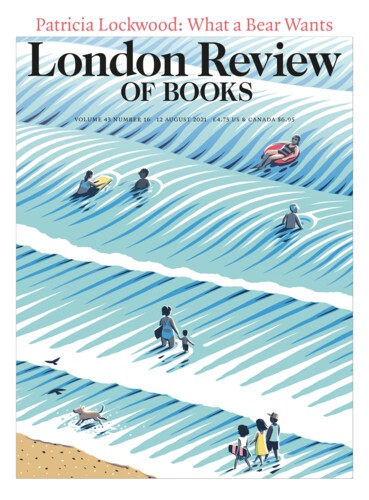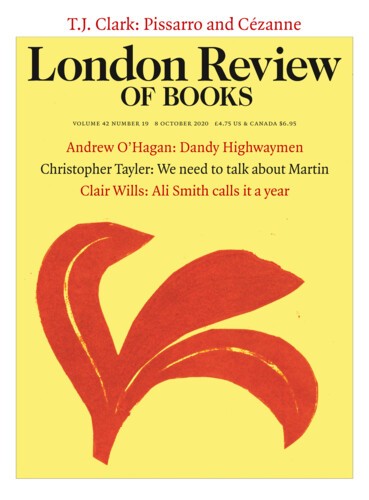Diary: Hoardiculture
Jon Day, 8 September 2022
When Possessed, Rebecca Falkoff’s cultural history of hoarding, came through the letter box, I put it on my desk next to a pile of other books, a tangle of wires left out after an unsuccessful search for a phone charger, a small pocket microscope, a broken reading light, a carrier bag full of travel adapters, a sheaf of loose papers, a selection of penknives, a pair of speakers, the...




